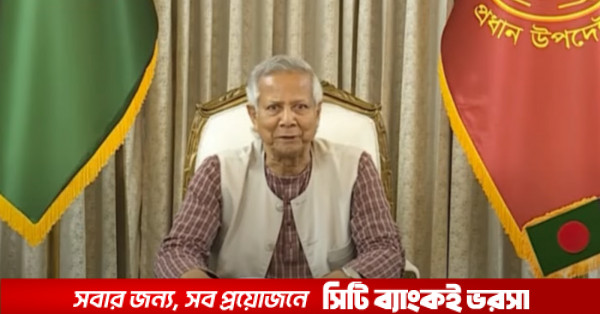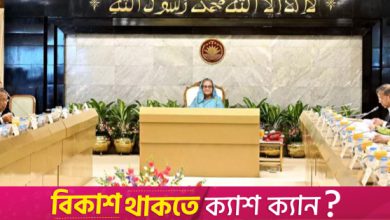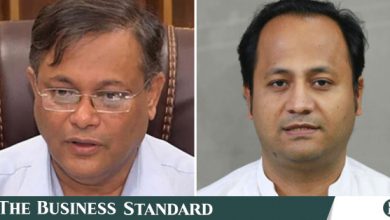CA outlines six commissions to reform constitution, electoral system among others; names heads


Following the commissions’ reports, the chief adviser said the government will consult with major political parties
Chief Adviser Dr Muhammad Yunus addressing the nation today (11 September). Photo: Screengrab
“>
Chief Adviser Dr Muhammad Yunus addressing the nation today (11 September). Photo: Screengrab
The interim government has decided to form six commissions to reform the constitution, electoral system, the judiciary, the police, the Anti-Corruption Commision and the public administration.
During his speech to the nation this evening, Chief Adviser Dr Muhammad Yunus named the heads of the six commissions.
Dr Badiul Alam Majumdar will chair the Electoral System Reform Commission, Sarfraz Chowdhury will lead the Police Administration Reform Commission, and Justice Shah Abu Naeem Mominur Rahman will head the Judiciary Reform Commission, Dr Iftekharuzzaman will lead the Anti-Corruption Reform Commission, Abdul Mueed Chowdhury will head the Public Administration Reform Commission, while Dr Shahdeen Malik will oversee the Constitution Reform Commission.
In his speech, Dr Yunus said these commissions will investigate specific areas and provide recommendations.
“We plan to expand this approach by forming additional commissions to tackle other important matters,” he added.
The heads of each commission will determine the members of their respective teams. These members may include advisory council members, students, workers, representatives of student movement, civil society organisations, and political parties.
“Once fully established, the commissions are expected to formally commence their work from 1 October, with completion anticipated within the following three months,” said Yunus.
Following the commissions’ reports, the chief adviser said the government will consult with major political parties.
“In the final phase, a detailed outline of reform proposals will be developed based on a three-to-seven-day consultation period involving student groups, civil society, political party representatives, and government officials. This phase will also outline the implementation strategy for these reforms,” he added.




